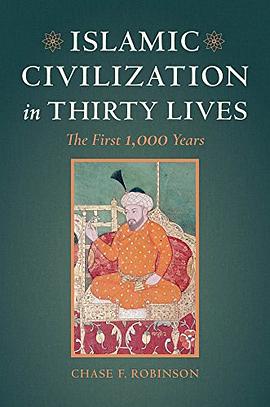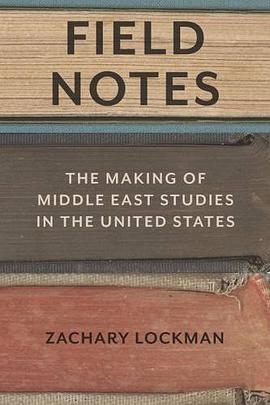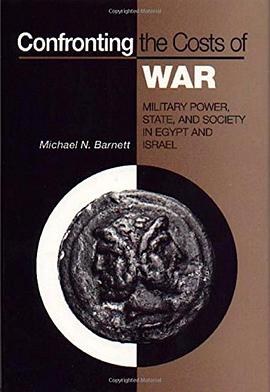

For decades, Arab states and societies have been involved in an ongoing conflict over the goals and norms of Arabism. In this comprehensive study, Michael Barnett explores the relationships between Arab identity, the meaning of Arabism, and desired regional order in the Middle East from 1920 to the present, focusing on Egypt, Lebanon, Syria, Jordan, Iraq, Yemen, and Saudi Arabia. Barnett examines the state system in four distinct time frames: the mandate period to the establishment of the League of Arab States in 1945; 1945 through the Baghdad Pact of 1955; the Suez War through the 1967 war; and 1967 through the Gulf War. Within each of these time frames, the Arab states' relationship to unification, the West, and confrontation with Zionism are addressed. Does Arab unity depend on excluding Western influences? Can an Arab state be at once Islamic and democratic? Why can't the Arab states agree on a common government? Barnett argues that the Arab states' symbolic and strategic interactions were responsible for the alterations in the norms of Arabism, and ultimately, the fragamentation that currently defines the region.
具体描述
读后感
评分
评分
评分
评分
用户评价
相关图书
本站所有内容均为互联网搜索引擎提供的公开搜索信息,本站不存储任何数据与内容,任何内容与数据均与本站无关,如有需要请联系相关搜索引擎包括但不限于百度,google,bing,sogou 等
© 2025 book.wenda123.org All Rights Reserved. 图书目录大全 版权所有




















